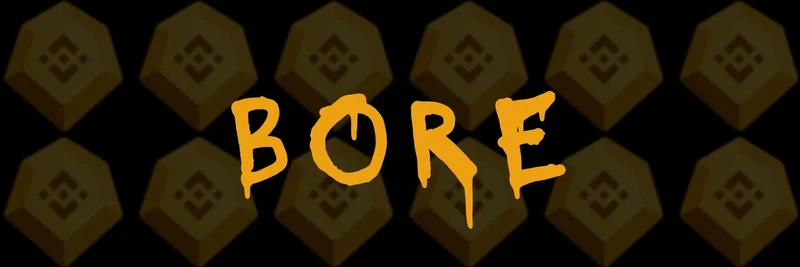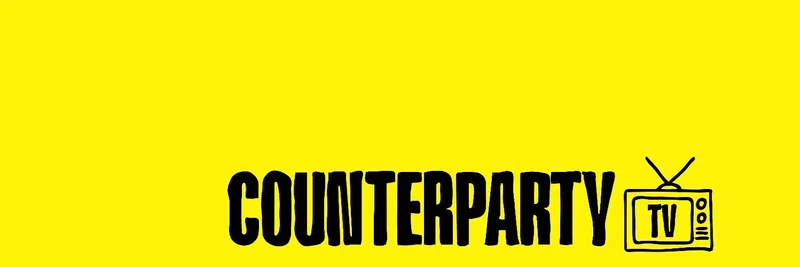Hey there, meme coin enthusiasts and blockchain buffs! If you've been keeping an eye on the latest crypto buzz, you might have caught wind of an intriguing discussion from Permissionless IV. On June 27, 2025, Blockworks shared a thought-provoking quote from Michael Anderson, co-founder of Framework Ventures. He dropped a bombshell during a panel with Blockworks co-founders Mike Ippolito and Jason Yanowitz, alongside Inversion’s Santiago Santos: "The meta-narrative is: Tokens need to make money. Tokens need to have a business model." Let’s unpack this and see what it means for the wild world of meme coins and beyond!
What Did Michael Anderson Mean?
Anderson’s statement cuts to the chase about the future of tokens in the crypto space. He’s suggesting that for tokens—especially those powering decentralized projects or meme coins—to thrive, they need more than hype. They need a solid foundation, like a business model that generates value. Think of it like a meme coin that doesn’t just rely on viral tweets but also offers real utility, like rewarding holders or funding community projects.
He even drew a parallel to the "Mag 7"—the magnificent seven top stocks on Wall Street—hinting that crypto could have its own elite group of tokens if they start showing profit. This is a big deal because, right now, many tokens (including some meme coins) are more about speculation than sustainable growth. Anderson also tossed out the idea of GAAP (Generally Accepted Accounting Principles) accounting for tokens, which would let investors compare them apples-to-apples with traditional stocks. Imagine tracking your favorite Dogecoin or Shiba Inu with the same rigor as a tech giant!
Spotlight on Successful Token Models
Anderson didn’t stop at theory—he gave props to a couple of tokens that might be on the right track. He highlighted pump.fun, a platform making waves for launching tokens (including meme coins) with ease, as a potential contender for crypto’s top tier. He also praised BNB, Binance’s native token, calling it the "best token model that exists." Why? BNB offers perks like discounted fees and airdrops for stakers, turning it into a money-making machine within the Binance ecosystem. For meme coin creators, this is a hint: adding utility (like staking rewards) could be a game-changer.
Santiago Santos, on the other hand, shifted the focus to public crypto companies like Circle, Robinhood, and Coinbase. He predicts more liquidity will flow into public markets via ETFs and stocks rather than tokens alone. This could mean meme coin projects might need to partner with these giants to stay relevant—something to watch as the market evolves!
Implications for Meme Coins
So, what does this mean for your favorite meme tokens? The takeaway is clear: the days of "pump and dump" might be numbered. Meme coins like Pepe or Bonk could soar higher if they build in real value—think governance rights, charity donations, or even NFT perks. Anderson’s call for business models challenges the community to get creative. Maybe your next meme coin idea could include a revenue stream, like a percentage of trading fees going back to holders!
The Permissionless IV discussion also highlighted a trend: stablecoins and token frameworks dominated the conversation. This suggests the crypto world is maturing, and meme coins might need to level up to keep pace. If institutions start adopting tokens with solid fundamentals, those without could get left behind.
What’s Next?
Anderson’s vision points to a future where tokens are judged by their profitability, not just their memes. The industry is buzzing with questions: Can pump.fun keep dominating meme coin launches? Will BNB’s model inspire others? And how soon will we see GAAP accounting for tokens? At Meme Insider, we’ll keep you posted on these developments, especially how they impact the meme coin landscape.
For now, the message is loud and clear: tokens need to make money to make it big. Whether you’re a trader, developer, or just a meme coin fan, this is your cue to think beyond the hype. Dive into our knowledge base for more insights on tokenomics and how to stay ahead in the game. What do you think—can your favorite meme coin adopt a business model? Drop your thoughts in the comments!




